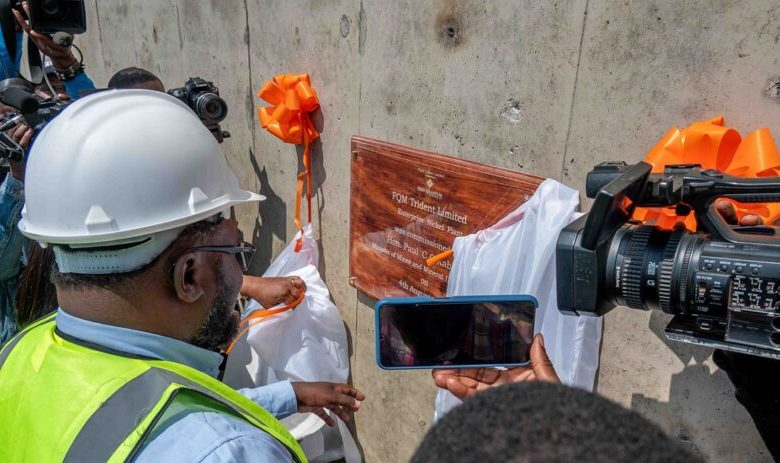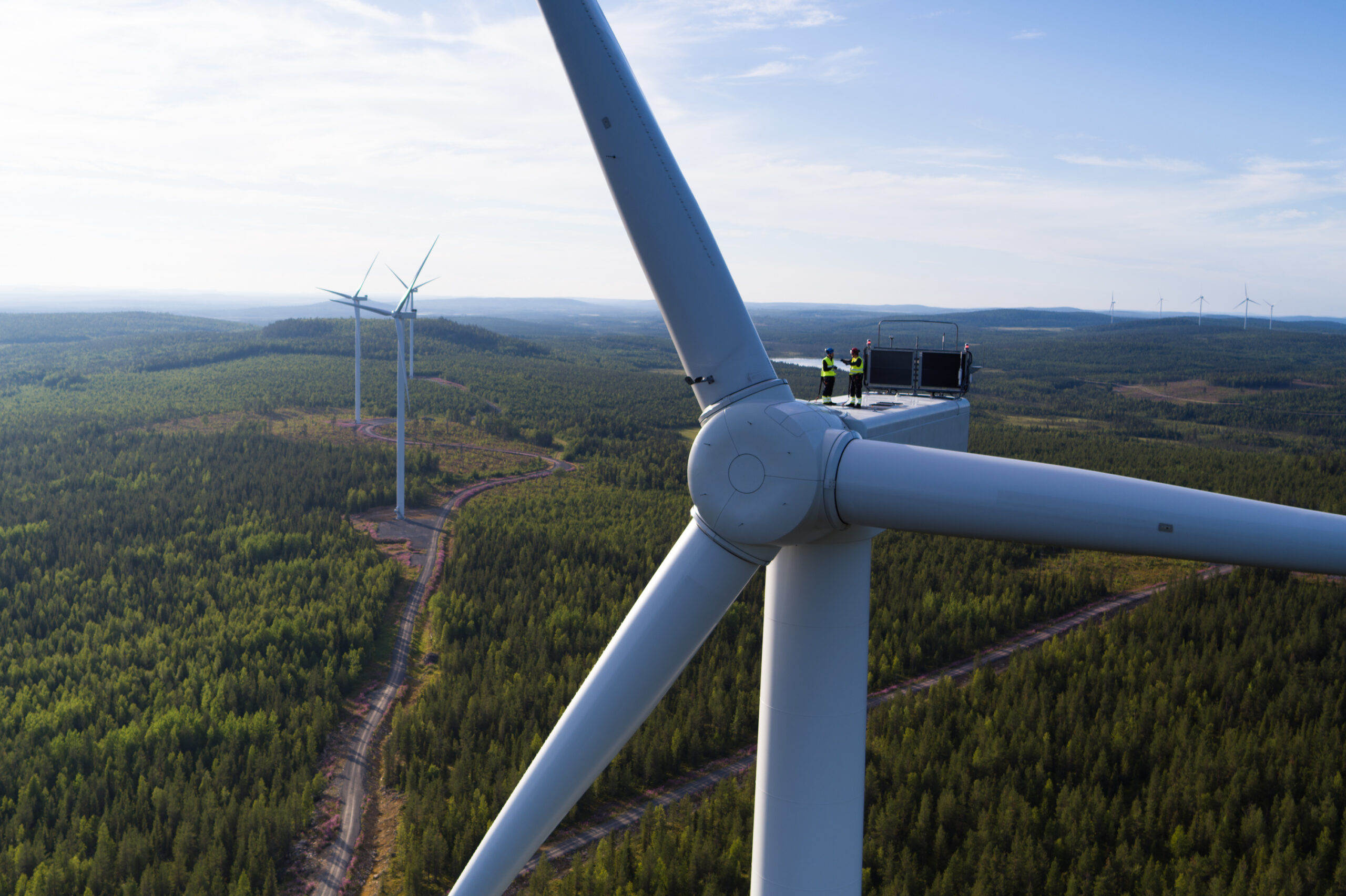The opening ceremony was held in the presence of government authorities of Chile, Poland and Japan. Sierra Gorda, one of the largest and fastest-developed mining projects in the world, is located in the Antofagasta region within the Atacama Desert, which is Chile’s largest copper producing region. The mine started feeding ore into its processing plant in July 2014. By this time key infrastructure elements for production of copper concentrates had been successfully completed and commissioned, including the pre-stripping process of the pit, where a total of 192 million tonnes of material was removed. The first shipment with approximately 6,000 tonnes of copper concentrate is expected to arrive in the Toyo Smelter and Refinery in Japan in November 2014.
The mine’s inauguration ceremony was attended by more than six hundred guests, with the Chilean delegation headed by Michelle Bachelet, Chile’s President, and Ignacio Moreno, Vice-Minister of Mining. Poland’s government senior official included Zdzis┼éaw Gawlik, Vice-Minister of Treasury, and Katarzyna Kacperczyk, Vice-Minister of Foreign Affairs. Norihiko Ishiguro, Vice-Minister of Economy, Trade and Industry, represented Japan.
In his opening speech, Maciej ┼Üci─à┼╝ko, General Manager of the Sierra Gorda project, recognized the prominent position the mine will take in the world of mining by helping fill the global demand for copper and molybdenum. “The copper industry has gained unparalleled importance over the past decade. Copper is used in everything from our buildings to our cars to our phones – the average car has 1.5 kilometres of copper wire. The demand for copper, and its price, has grown steadily. This mine will help feed the demand for copper and molybdenum around the world and will provide jobs and employment for years to come. And as well as that, the Sierra Gorda mine is determined to be a great employer and a great neighbour.”
Herbert Wirth, President and CEO of KGHM, recalled the heritage of Ignacy Domeyko, a Poland-born geologist, mineralogist and civil rights activist, who is widely credited as the father of Chilean mining. It is after Domeyko that Sierra Gorda’s mine pit was symbolically named. “Just like Domeyko, KGHM builds its presence in Chile on mining know-how and expertise. But there is something more in Domeyko’s patronage over Sierra Gorda. In his work, he focused on people rather than rocks, and it is people’s rights that he tirelessly defended. This uncompromised respect for people, constant dialogue with local communities and responsible care for the natural environment serve as the founding values for the Sierra Gorda project and are the source of its spectacular success.”
Yoshiaki Nakazato, President and Representative Director of Sumitomo Metal Mining, underlined the role of securing raw materials, particularly clean concentrate, and the importance of investing in Sierra Gorda for that purpose. “For Sumitomo and for Japanese mining companies, Chile is one of the key destinations and is very crucial to us. We cannot talk about copper industry without Chile today. We have invested in this country for more than twenty years, and this time Sierra Gorda is the largest investment in Sumitomo’s history. Sierra Gorda will also a major producer of molybdenum, meeting ten percent of global demand in its first five years, which has helped significantly reduce the production cost of copper.”
Norihiko Ishiguro, Japan’s Vice-Minister of Economy, Trade and Industry, pointed to the role of Sierra Gorda in developing the economy and bilateral relations of the three countries involved. “In terms of relations with Chile, we have stepped up our co-operation in the mining field. I am delighted that the opening of the Sierra Gorda mine now symbolizes the collaborative relations between the two nations. With respect to Poland, the two countries have a long track record of crucial economic relations, as it is in Poland that Japanese companies have established the strongest presence in Central and Eastern Europe. It gives me great pleasure to have cemented yet another strong relationship with Poland in the mining sector on this occasion.”
Zdzis┼éaw Gawlik, Poland’s Vice-Minister of Treasury, emphasised the effective large-scale co-operation on the Chilean land between Polish and Japanese companies, which was possible as a result of the acquisition of the Canadian company, Quadra FNX, by KGHM. “KGHM proved that Polish companies are able to conduct international expansion. This direction is supported by the company shareholders as over a year following the acquisition of Quadra FNX, now called KGHM International, the stock market valuation of KGHM increased by over 60 percent, significantly overtaking other large copper producers and the average figures for the industry. I believe this investment will provide a stimulus for international development of other Polish companies.”
Sierra Gorda’s managers also announced that due to an increase in the project reserves the mine life was extended by three years and the mine is projected to operate for a 23-year period. After the mine’s ramp-up, which is scheduled to be completed in early 2015, Sierra Gorda will produce 120,000 tonnes of copper, 50 million lb of molybdenum and 60 thousand oz of gold annually. Once phase II of the project is completed, the annual average production will reach 220,000 tonnes of copper, 25 million lb of molybdenum and 64,000 oz of gold over the mine’s life.













